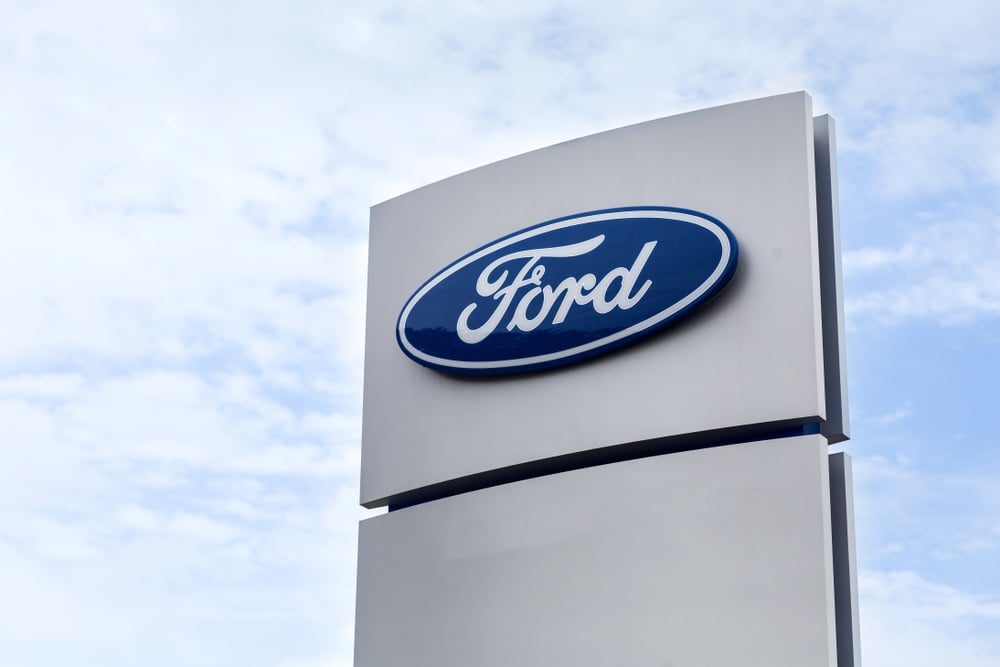Mazda is building a new plant in Mexico to help boost its supply of cars to sell in the U.S., according to Auto News. It plans to build the Mazda3 compact at its new Mexican factory in order to stave off a shortage of supply that had hurt sales last year.
"There won't be a product shortage on the Mazda3. We're going to be in good shape because of that Mexico inventory," said Tom Carey, a Mazda dealer in Urbandale, Iowa, and chairman of the brand's national dealer council.
According Rob King, the departing chairman of national Mazda dealer group says the extra output from Mexico will boost sales by an estimated 20 percent.
Expanding to Mexico in order to bolster supply is in line with Mazda's stated goal of boosting U.S. sales to more than 400,000 by 2016.
Another company that plans on manufacturing in Mexico is Hyundai. Hyundai has formally announced it is establishing a sales operation in Mexico, and it has tapped a former Toyota executive to lead the effort.
The factory will be a fully owned subsidiary called Hyundai Motor Mexico, and will be based in Mexico City.
A strong opportunity to expand your supply chain
Cambridge Systematics, a supply chain consulting firm, cited the recent trend of companies moving to Mexico in order to enhance their ability to provide goods from their factories directly to America to sell. According to a recent Q&A by John Isbell of Cambridge Systematics, 2.4 million cars were shipped from Mexico in 2012, making it the world's fourth largest exporter of light vehicles.
The benefits of nearshoring that Isbell cited include lower transportation costs and shorter transportation times. Fuel is a major driver of transportation costs, which means moving goods across a shorter distance saves money and time. According to Isbell, products from Guadalajara can reach Dallas in 22 hours verses 19 days from China.
This leads to improved inventory turnover rates. There is less inventory in the delivery pipeline, and customers can place orders and expect a shorter delivery time. Thus, according to Isbell, the product is more likely to sell at full price.
Additionally because the supply chain is shorter, there are fewer potential delays and disruptions.
There is also better quality control due to the ease of driving back and forth between the U.S. and Mexico to ensure goods are being produced as required. Additionally, the North American Free Trade Agreement encourages trade between North American countries, and has eliminated the tariffs on almost all goods between the U.S. and Mexico.
Isbell also touts the intellectual property security of Mexico, which is generally regarded as safer than China due to stronger laws.
Mexico's workers are also gaining more educational experience. In 2010, 40 percent of the Mexican population had passed through high school, while that number was only 21 percent in 1990.
Other benefits include the time zone, which is the same as Central Time. There is also the wage gap between China and Mexico. Wages in Mexico are growing at a slower pace than in China, where wages per hour are expected to become $7.60 by 2020. In Mexico, it will only cost $5.20 an hour.
Subscribe
Sign up and stay informed with tips, updates, and best practices for manufacturing in Mexico.





